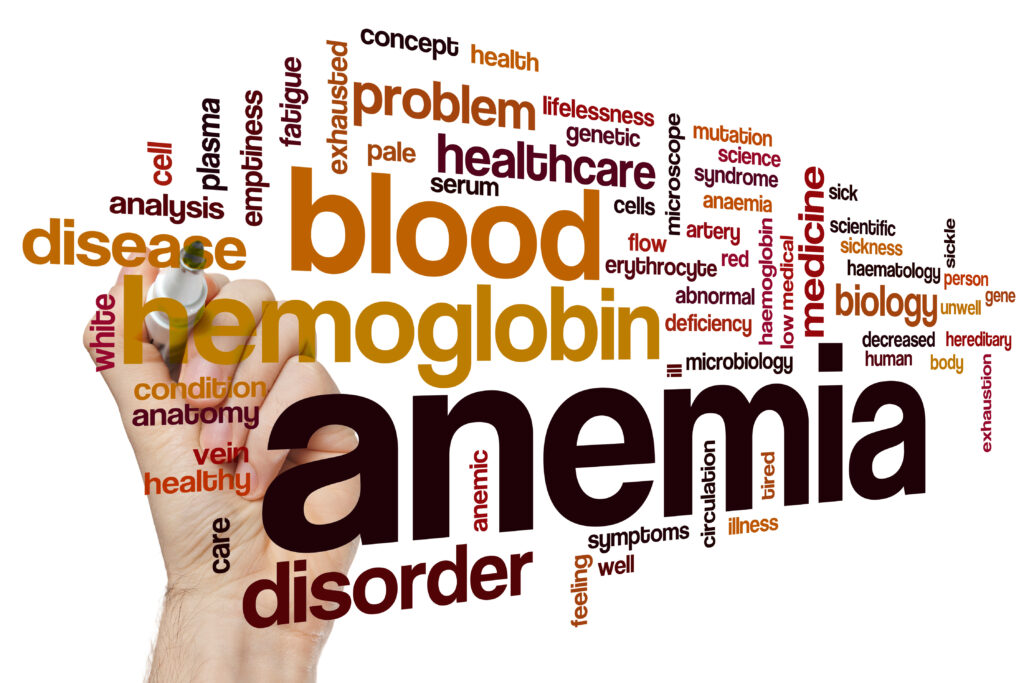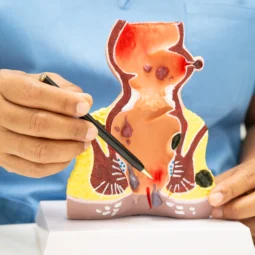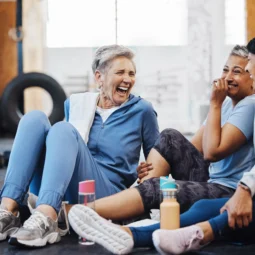
Q: My doctor told me that I have anemia. What does that mean?
Anemia means that you have low levels of healthy red blood cells, which you need to carry oxygen to the rest of your body.
Q: Is that why I’m so tired?
Probably — fatigue is the most noticeable symptom of anemia. Other symptoms may include shortness of breath, lightheadedness, pale or yellow skin, fast or irregular heart beat, headache, and a swooshing sound in the ears (pulsatile tinnitus).
Q: What might be causing my anemia?
Poor diet can cause the most common type of anemia, iron-deficiency
anemia. Other possible causes include bleeding from heavy menstruation or frequent blood donation, and digestive conditions such as Crohn’s disease and celiac disease. In addition, some types of anemia, such as sickle cell, are inherited, and other types are caused by other chronic diseases.
Q: Do iron supplements help?
When anemia is related to iron deficiency, supplements do usually help. You can boost iron in your diet, as well, by choosing lean red meat, liver, fish and shellfish, eggs, leafy greens and lentils (see our easy lentil soup recipe on page 9). In addition, eating citrus fruits and other foods high in vitamin C can help you absorb iron better.
Q: What about vitamin B12 – what’s the connection?
Vitamin B12 helps your body produce healthy red blood cells. Getting too little B12, as well as folate, may cause a type of anemia in which red blood cells don’t develop normally or work as well. Getting more B12 — through injections, supplements or food — can help. Dairy foods and many iron-rich foods provide B12. You can boost folate with fruits, peanuts and dark green leafy vegetables.
Q: How important is it to treat anemia?
Untreated anemia deprives your body of the oxygen it needs. Over time, it can lead to heart conditions, organ damage and other serious problems, on top of your fatigue and other symptoms. In children, severe anemia can cause developmental delays.
Q: What can I do to reduce or prevent anemia?
- Learn more about your anemia. Ask your health care provider what kind you have, what caused it, what treatments will help and how long you’ll need treatment.
- Follow a healthy diet. Ask your provider about foods you should eat for your specific type of anemia.
- If your anemia is related to a chronic disease, it’s important to treat the underlying condition.
- Track your symptoms and let your provider know about any changes.
Most types of anemia can be treated easily by changing your diet or taking supplements. Your health care team is here to help


